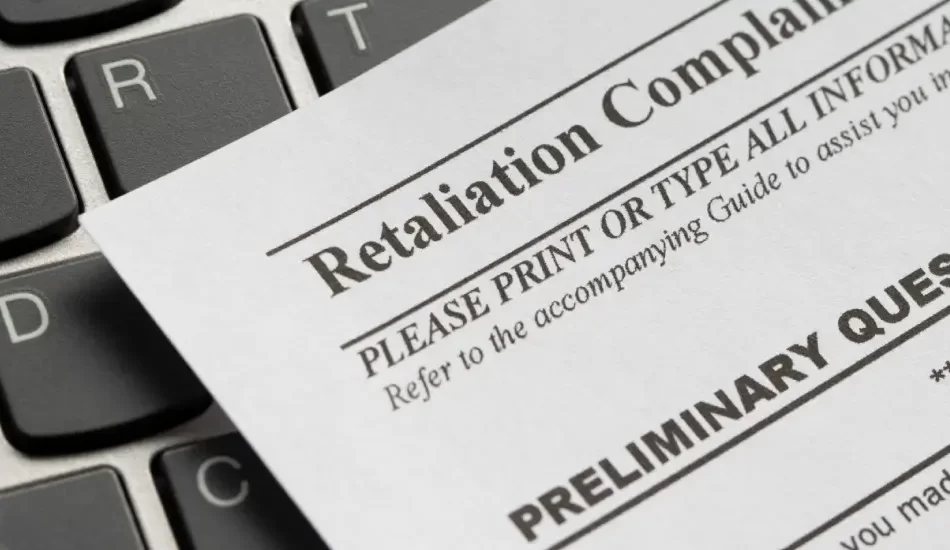Enhanced Employee Protections: California’s New Law Strengthens Measures Against Retaliation

As of January 1, 2024, California has fortified employee safeguards against retaliation through a groundbreaking law. This legislation aims to offer greater protection to employees exercising specific workplace rights.
Previous Protections:
State law prior to the enaction of Senate Bill 497 prohibited employers from retaliating against employees engaged in lawful activities outside of work, filing labor complaints, participating in private attorney general act (PAGA) claims, reporting wage issues, whistleblowing, or seeking equal pay. However, employees faced the challenging task of proving that their protected actions directly led to employer retaliation.
Senate Bill 497 Key Changes:
Under Senate Bill 497, a notable shift occurs with the introduction of a “rebuttable presumption” of unlawful retaliation. If an employer takes adverse action against an employee within 90 days of their engagement in protected activities, such as filing a wage claim or PAGA lawsuit, the law presumes retaliation. To counter this presumption, employers must present compelling evidence of a valid, non-retaliatory reason for their actions.
Penalties and Enforcement:
Failure to substantiate a non-retaliatory motive subjects employers to increased penalties, with the maximum fine escalating to $10,000. The labor commissioner will determine fines based on the severity of the violation and the harm inflicted upon the affected employee.
Implications for Employees:
With retaliation claims becoming easier to establish and the introduction of substantial penalties, California employees have greater protections when exercising their rights to make formal complaints that involve protected activities like whistleblowing, labor complaints, or equal pay enforcement. Without meticulous and justified documentation of performance issues from the employer it is now potentially easier to establish that disciplinary actions are motivated by retaliatory reasons.
Broader Legislative Landscape:
To navigate these complexities successfully, please contact Gruzen Moussly Law for a free consultation from our whistleblower and retaliation attorneys.
Read SB 497 here.
Request A Free Consultation
Please Fill Out The Form Below And We Will Be In Touch Soon.
*Required Information


